8 April 2025
Assisted suicide Bill: A letter from the territorial leaders (April 2025)
Commissioners Jenine and Paul Main
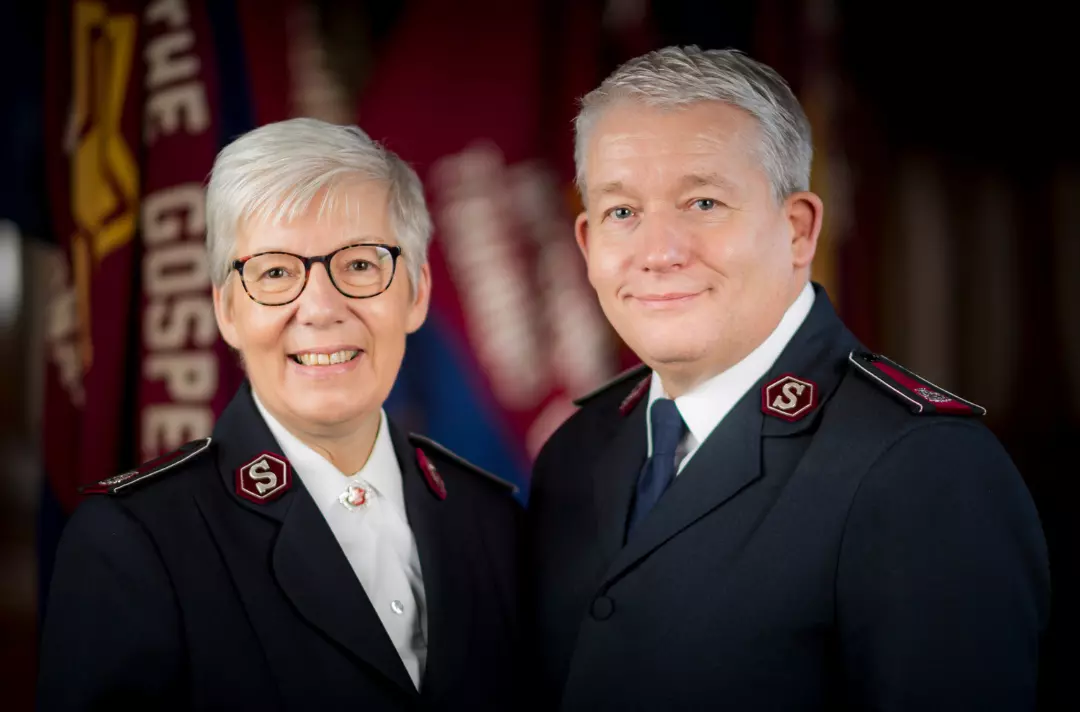
Territorial Leaders Commissioners Jenine and Paul Main share a pastoral letter on the topic of assisted suicide.
Dear Salvation Army family,
As the Terminally Ill Adults (End of Life) Bill, which would legalise assisted suicide, nears the end of its passage through the House of Commons, we are again writing pastorally to you to share further reflections and guidance on this challenging topic.
When the Bill was announced last autumn, we wrote to you and noted that this issue profoundly touches the heart of our mission to support those who are vulnerable and to respect the sanctity of life (see Psalm 139:13–16). Since then, The Salvation Army has stood with other Christian and faith communities, alongside political and non-faith leaders, in expressing deep concerns about this legislation.
In our earlier letter, we recognised that the promoters of the Bill are motivated by a sincere desire to alleviate suffering. For many of them, this sits alongside a particular view of what it means to be human, grounded in ideas of individual choice and autonomy, which means that terminally ill people must be able to choose to end their lives prematurely. But as Christians, we believe that we live in relation to God and to our neighbours: even if we believe that we should have the freedom to decide what happens to our bodies, we have to consider not only our own good, but also that of others (see 1 Corinthians 10:24).
In November, we expressed our concern that legalising assisted suicide could place unintended pressures in moments of vulnerability. While there has been a lot of noise in recent weeks on aspects of this legislation and the timeline of its proposed introduction, we have yet to see anything during the passage of the Bill to allay that fundamental concern.
In our society, health inequalities are deeply ingrained and many people cannot access high quality end-of-life care. For people who do not have the material and financial resources that can help maintain a decent and dignified standard of living at the end of their lives, assisted suicide may appear to be the least unattractive of a number of bad options.
Called to reflect the love of Jesus Christ, we seek to offer compassionate support to all. As an organisation, we hold to the sanctity of life, while acknowledging that individuals within The Salvation Army may hold different personal views about what the inherent, God-given value and dignity of every human being may require at different stages and experiences of life. But regardless of anything else, we are concerned that, for too many people in our society, this Bill would only perpetuate, as death approaches, the disadvantages and inequalities under which they have laboured in their lives.
That is why we continue to urge you to pray for wisdom, compassion and guidance for our leaders and communities (see 1 Timothy 2:1 and 2) and – as the Bill moves into its final stages in the House of Commons – to contact your member of parliament. A range of materials to help you do this can be found at salvationist.org.uk/assisted-suicide.
We also continue to pray for each of you, that in your conversations with family, friends and neighbours you may embody the grace of God and overflow with hope by the power of the Holy Spirit, who is present with us in life and through death (see Romans 15:13).
With love and grace,
Written by
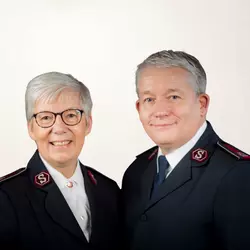
Commissioners Jenine and Paul Main
Territorial Leaders
Discover more
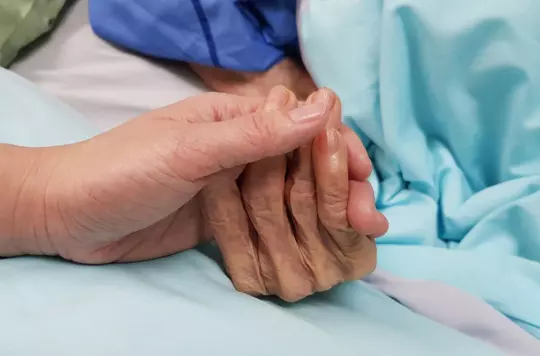
The Salvation Army is calling on the UK government to oppose assisted suicide and protect vulnerable people.

Lieut-Colonel Nick Coke considers the risks of the assisted suicide Bill being debated in parliament.
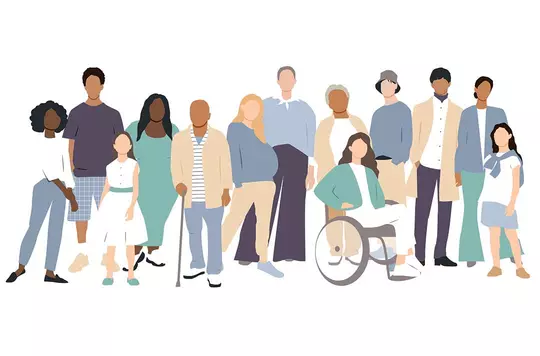
Lieut-Colonel Karen Shakespeare considers how harmony reveals the richness of God’s Kingdom.
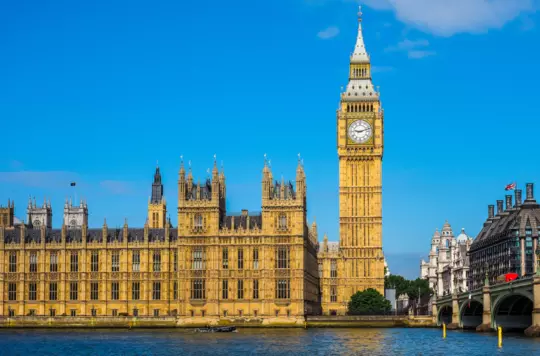
We speak into areas of public policy to support change for the benefit of some of the most disadvantaged people in our communities.